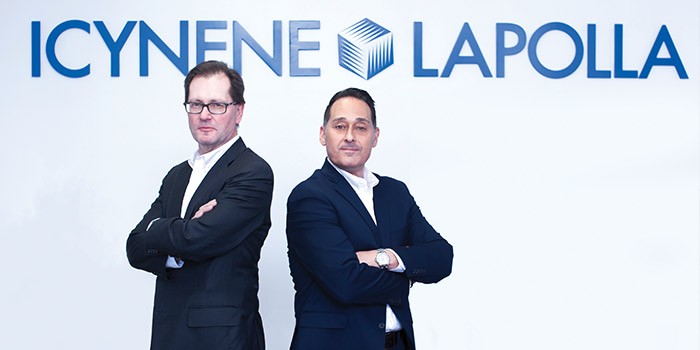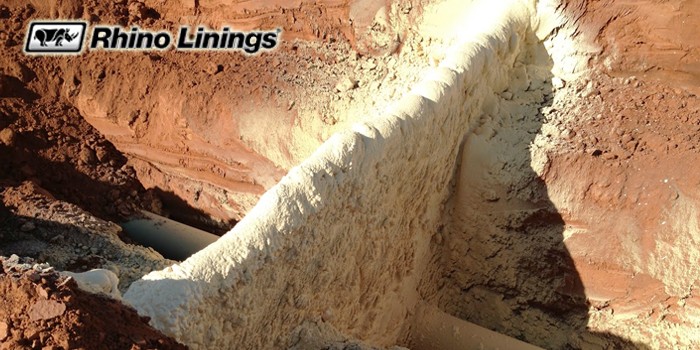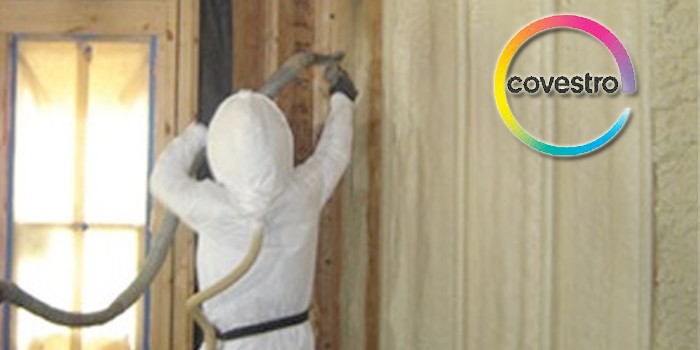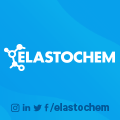Bayer Invests In New Production Line
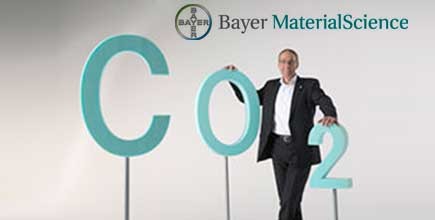
LEVERKUSEN, GERMANY – May 30, 2014 – The greenhouse gas carbon dioxide can be used as a basic building block for plastics. Following a successful test phase and promising market analysis, Bayer MaterialScience plans to invest EUR 15 million in the construction of a production line at its Dormagen site, which will use CO2 to produce a precursor for premium polyurethane foam. The line will have an annual production capacity of 5,000 metric tons. The permit application will be submitted to the Cologne district authority in the next few weeks. The objective of the "Dream Production" project is to launch the first CO2-based polyols on the market starting in 2016. Processors of polyols and polyurethanes have already expressed considerable interest.
High-quality polyols based on CO2 are not currently available on a commercial scale. The new polyols from Bayer MaterialScience have at least the same high level of quality as conventionally manufactured materials and a more sustainable impact. Using a certain amount of CO2 as a building block enables a reduction in the amount of the petroleum-based raw material propylene oxide, which polyols are normally made entirely from. The CO2 balance of the new process is far better than that of the conventional production method.
"Improving the sustainability of everything we do is an integral part of our business strategy and this principle is implemented in our Dream Production project. We have succeeded in turning a waste gas that is potentially harmful to the climate into a useful raw material. That helps the environment and mankind, and we all benefit," said Bayer MaterialScience CEO Patrick Thomas.
Successful With Partners
Bayer MaterialScience developed the manufacturing process in collaboration with partners in industry and academia. The company discovered the catalyst that brings about the chemical reaction with the required level of efficiency, and developed it together with the CAT Catalytic Center, a research facility in Aachen, Germany. The process was tested extensively in a pilot plant at the Leverkusen site as part of the publicly funded Dream Production research project. This was accompanied by a study of market demand.
The new polyol is used for the production of polyurethane foam, which is found in many everyday items, including upholstered furniture, shoes and automotive parts, and is also used to insulate buildings and refrigeration equipment. "The first major field of application will most likely be mattress production," announced Dr. Karsten Malsch, Dream Production project manager at Bayer MaterialScience.
About Bayer MaterialScience: With 2013 sales of EUR 11.2 billion, Bayer MaterialScience is among the world's largest polymer companies. Business activities are focused on the manufacture of high-tech polymer materials and the development of innovative solutions for products used in many areas of daily life. The main segments served are the automotive, electrical and electronics, construction and the sports and leisure industries. At the end of 2013, Bayer MaterialScience had 30 production sites and employed approximately 14,300 people around the globe. Bayer MaterialScience is a Bayer Group company. For more information, please visit the website via the link provided below.
Forward-Looking Statements: This release may contain forward-looking statements based on current assumptions and forecasts made by Bayer Group or subgroup management. Various known and unknown risks, uncertainties and other factors could lead to material differences between the actual future results, financial situation, development or performance of the company and the estimates given here. These factors include those discussed in Bayer's public reports which are available on the Bayer website at www.bayer.com. The company assumes no liability whatsoever to update these forward-looking statements or to conform them to future events or developments.
Disqus website name not provided.




